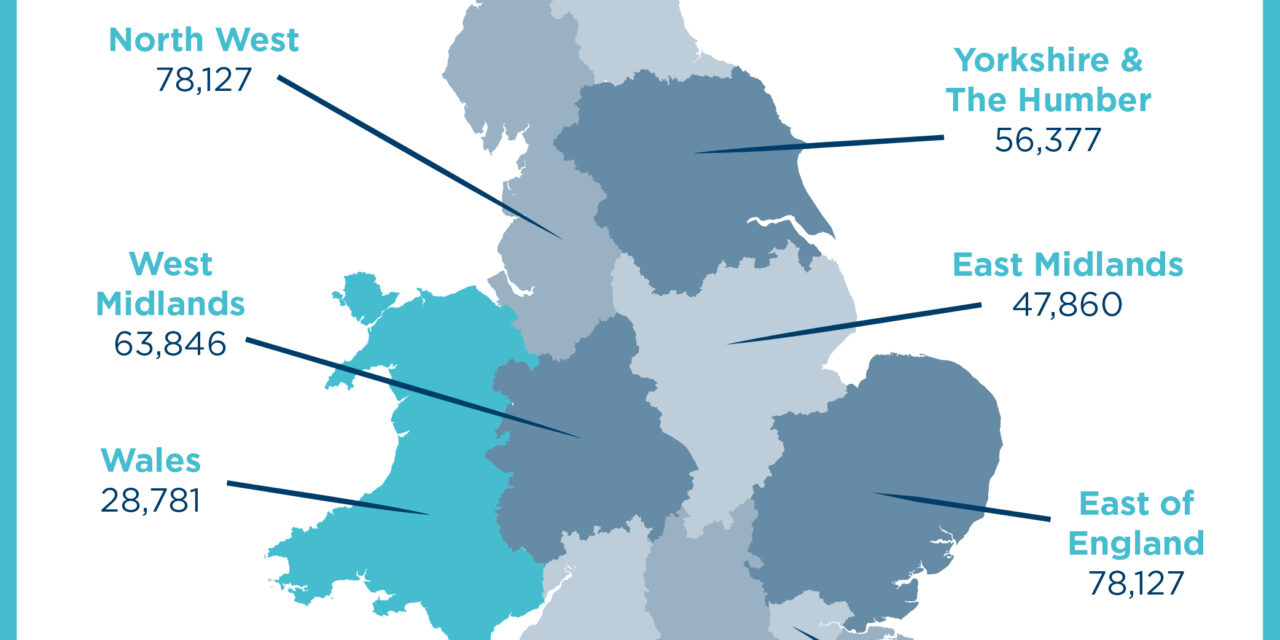For the first time since records began in 1845, babies born to mothers that are not married or in a civil partnership outnumbered those born to married mums.
According to the latest data from the Office for National Statistics (ONS), there were a total of 624,828 live births across England and Wales during 2021 (28,781 in Wales), of which 304,706 were born within a marriage or civil partnership.
Meanwhile, there were 320,713 live births outside of a marriage or civil partnership, representing an interesting cultural shift and one that could have legal implications for a newborn’s parents.
Ultimately, this burgeoning trend could have serious consequences for unassuming families, many of whom remain unaware that their marital status could impact their children’s futures, particularly in the event of a relationship breakdown.
Dal Heran, Head of Family Law at Wright Hassall, commented: “From birth, the mother has automatic parental responsibility for her child and this responsibility is also granted to fathers that are married to the mother.
“However, if a child is born outside of marriage, then a partner must be registered on the birth certificate to be given parental responsibility – failing to do so can cause serious issues later down the line if the parents separate and a child contact dispute arises.
“There is also the issue of financial provision for children following a separation, which is currently governed by the Child Maintenance Service irrespective of whether parents are married or not. This is calculated by the gross salary of the paying parent against the number of children for whom maintenance is to be paid.
“That being said, unmarried parents are not afforded the same protection as those that are. The issue of where parents and children will live is usually settled in conjunction with divorce proceedings, so the same does not apply for unmarried parents during a breakup.
“Given that unmarried couples do not have the same rights, this can lead to further difficulties, especially if the family home is not jointly owned and the parent who is to be the main carer is not the legal property owner. For this reason, it is always best practice to seek legal support from an experienced family law team if there is any uncertainty surrounding the issues discussed.”




